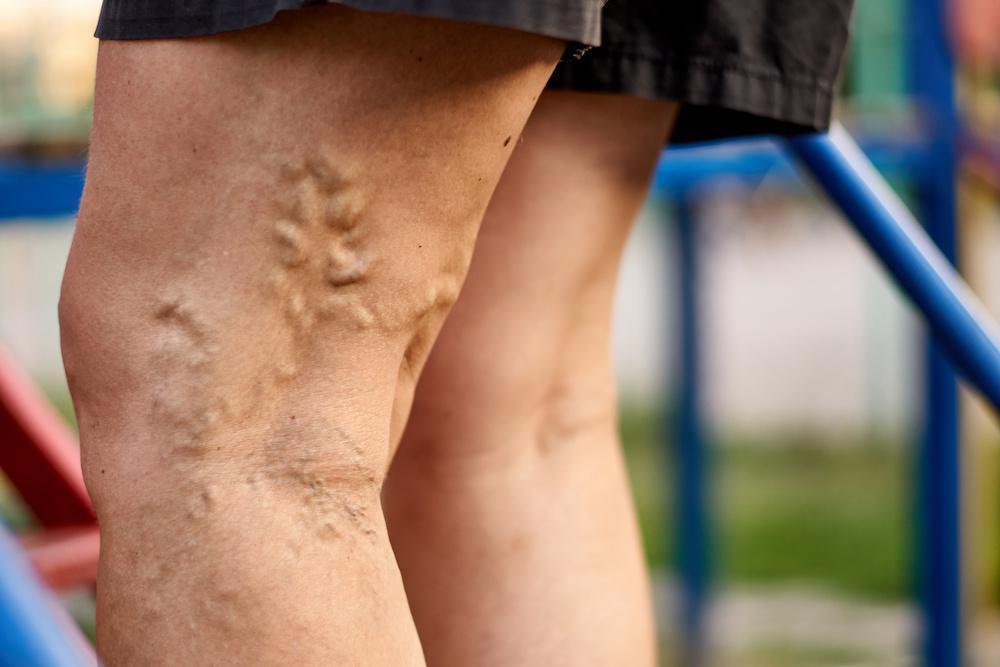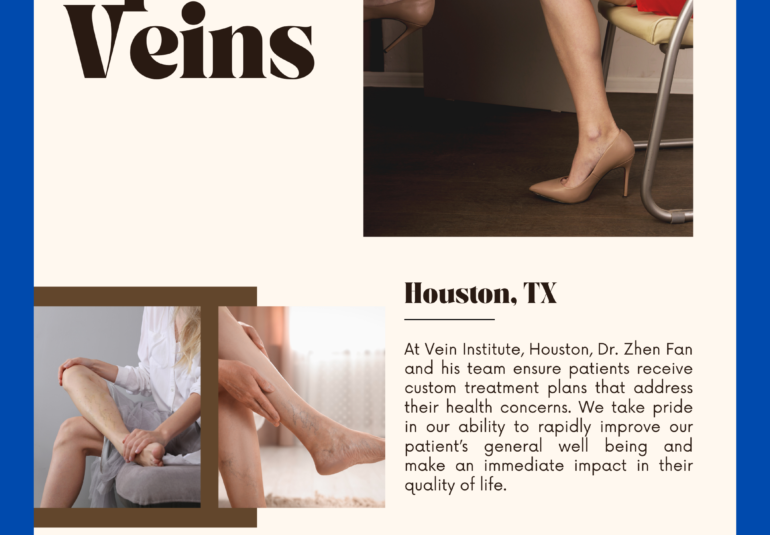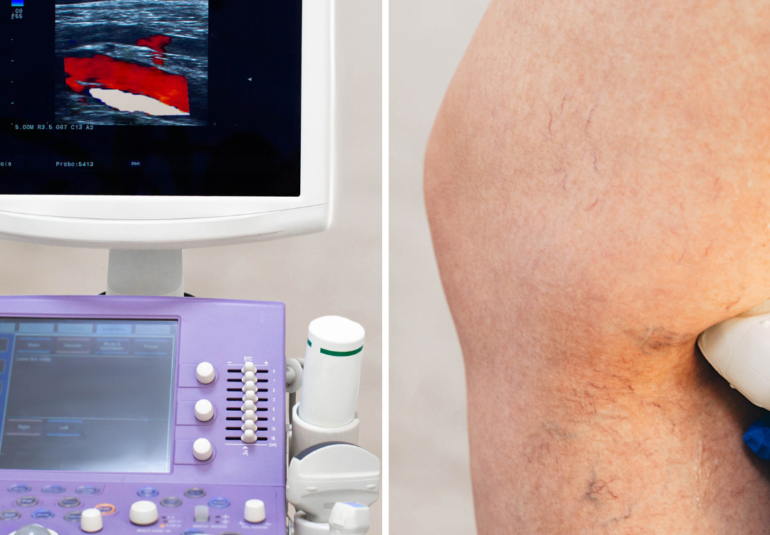
Introduction
Vein problems are more common than you might think, affecting millions of people around the world. While many vein issues are minor and can be managed with lifestyle changes, there are times when seeking medical attention is crucial. In this blog post, we’ll discuss when to recognize the signs that it’s time to consult a healthcare professional for your vein problems.
Persistent Pain and Discomfort
One of the most common symptoms of vein problems is persistent pain and discomfort. If you experience throbbing, aching, or a feeling of heaviness in your legs that doesn’t improve with rest, it’s time to see a doctor. Such discomfort could be indicative of underlying issues like varicose veins or deep vein thrombosis (DVT).
Visible Changes in Vein Appearance
Changes in the appearance of your veins can be a red flag. If you notice bulging, twisted, or discolored veins, particularly in your legs, it’s essential to consult a healthcare professional. These symptoms can be indicative of varicose veins, which can lead to more severe complications if left untreated.
Swelling and Edema
Swelling in the legs, ankles, or feet can be caused by a variety of vein-related issues, including chronic venous insufficiency (CVI) or DVT. If you experience unexplained and persistent swelling, it’s crucial to get a medical evaluation to determine the underlying cause.
Skin Changes and Ulcers
Skin changes in the affected area, such as redness, inflammation, or the development of open sores or ulcers, should not be ignored. These can be associated with venous stasis ulcers and require medical intervention.
Spontaneous Bleeding or Bruising
If you notice that your veins spontaneously bleed or that you bruise easily, it could be a sign of fragile blood vessels or an underlying clotting disorder. Seek immediate medical attention if this occurs.
History of Vein Problems or Family History
If you have a family history of vein problems or have had vein-related issues in the past, it’s essential to be proactive about your vein health. Regular check-ups with a healthcare provider can help identify potential problems before they become severe.
Shortness of Breath and Chest Pain
Vein problems, specifically deep vein thrombosis (DVT), can lead to a life-threatening condition known as a pulmonary embolism. If you experience sudden shortness of breath, chest pain, or coughing up blood, seek emergency medical care immediately.
Changes in Physical Activity Tolerance
If you notice a decrease in your ability to engage in physical activities you once enjoyed due to pain, discomfort, or swelling, it’s time to consult a healthcare professional.
Conclusion
Recognizing when to seek medical attention for vein problems is crucial for preventing complications and ensuring your overall well-being. If you experience any of the symptoms mentioned above or have concerns about your vein health, don’t hesitate to reach out to a healthcare provider. Early diagnosis and appropriate treatment can make a significant difference in managing vein problems effectively and improving your quality of life. Your veins play a vital role in your circulatory system, so taking care of them is a crucial part of maintaining your overall health and well-being.

